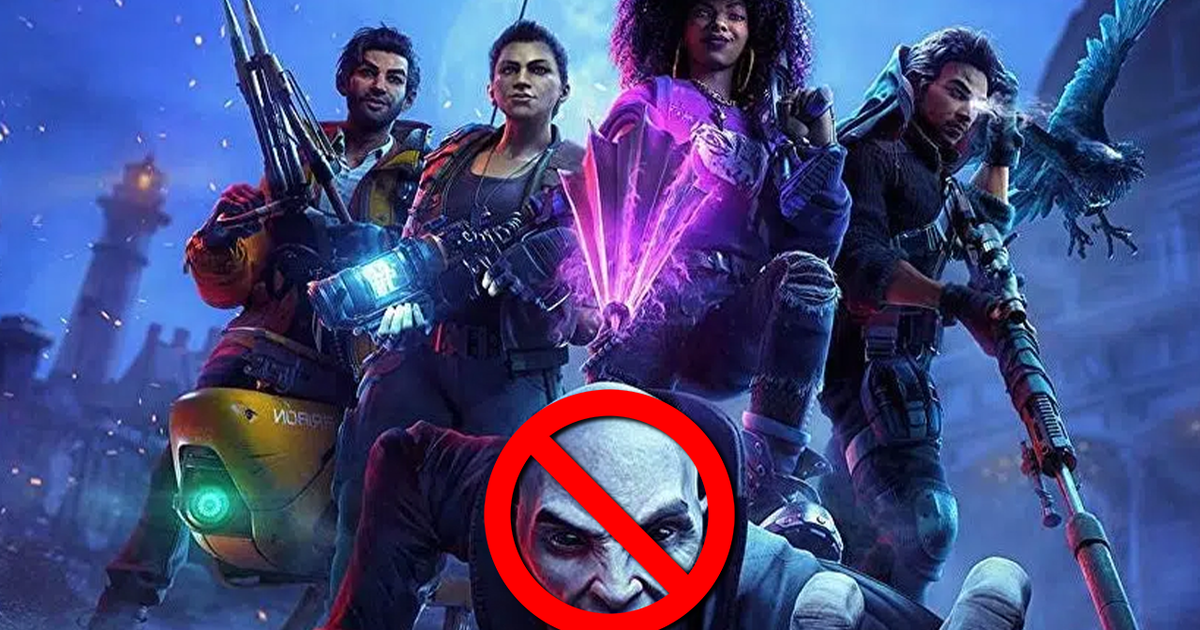
Redfall by Arkane Studios, a name recognized for efforts like Dishonored and Prey, became a controversial release due to its quality. Not only did it generate criticism towards Bethesda Game Studios, but it also left Xbox Game Studios in a very uncomfortable position.
The Troubled Development of Redfall
According to the well-known Jason Schreier, who spoke to several people who worked on the game, the development of Redfall was so problematic and the game underwent so many changes that many people actually wished it would be canceled.
Schreier wrote that his sources at the studio talked about a project that started in 2018 and continued without a clear direction, developed with a lack of staff and tensions between the creatives and the teams. It began as a game designed to generate additional revenue post-launch, a live-service game as was the trend at the time.
Implementing microtransactions was highly encouraged, and after Prey failed in sales, the idea of creating a multiplayer game with vampires where players would pay for cosmetics emerged. The term “Arkane multiplayer game” was used to explain the idea to the team, but most did not believe that Arkane’s DNA could be transferred to a multiplayer game.
The Fallout at Arkane Studios
Schreier says that employees were frustrated with the constantly changing references presented by the leaders. Some days the example was the Far Cry series, while other days it was Borderlands. With a constant lack of staff, developing a multiplayer live-service project with microtransactions started to become too complicated.
According to this account, around 70% of the staff who worked on Prey decided to leave Arkane due to a lack of interest in a multiplayer game. When Microsoft bought Bethesda, there was hope that Redfall would be canceled by the new leaders or at least that the project would be restarted as a single-player game.
Microsoft decided not to interfere with Redfall, only ordering the cancellation of the PlayStation version, and the employees’ saga continued. With a lack of staff and deadlines getting closer, they couldn’t find a good direction, and Schreier shares that they were not surprised by the overwhelmingly negative reception.



